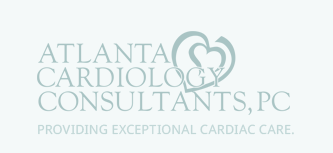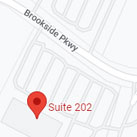Atrial Fibrillation
What is Atrial Fibrillation?
Atrial Fibrillation (also called AF or A Fib) is a common heart rhythm disorder caused by a problem in the conduction of electrical impulses in the upper chambers, or atria, of the heart. A Fib and other rapid heartbeats that arise in the atria, or in the juncture between the atria and the lower chambers (ventricles) are called "supraventricular tachycardias."
What Causes A Fib?
In A Fib, the electrical signals that coordinate the muscle of the upper chambers (atria) of the heart become rapid and disorganized, typically causing the atria to beat faster than 300 beats per minute. (The normal rate when the heart is at rest is about 60 to 80 beats per minute). When this happens, the atria may contract poorly and no longer effectively force blood into the lower chambers (ventricles). As a result, the flow of blood to the body may be reduced. Atrial fibrillation may occur from time-to-time, or it may be a permanent condition.
IF TREATED APPROPRIATELY, ATRIAL FIBRILLATION AND ATRIAL FLUTTER SELDOM CAUSE SERIOUS OR LIFE-THREATENING PROBLEMS.
What are some of the symptoms of Atrial Fibrillation?
- Heart palpitations
- No energy/always tired
- Dizziness
- Chest discomfort
- Shortness of Breath
How is Atrial Fibrillation Diagnosed?
- Holter Monitor
- Event Monitor
- Transtelephonic monitors
- EKG





